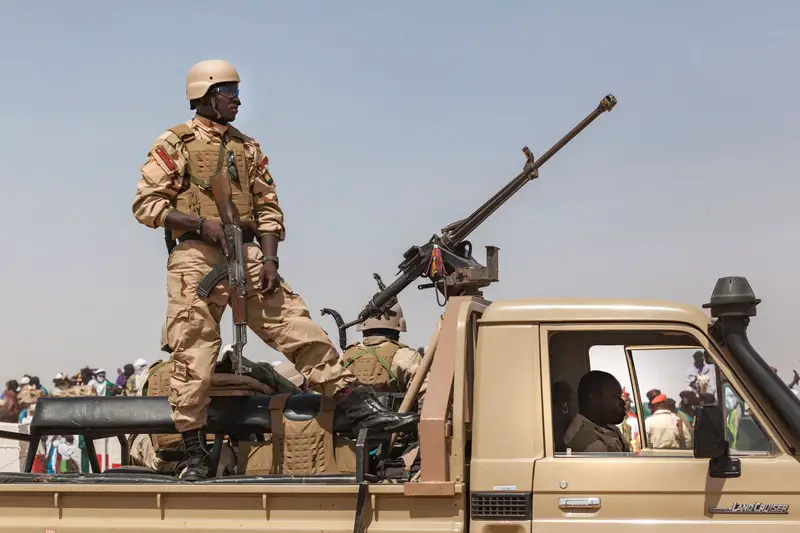On Sunday, September 1, 2024, suspected members of Boko Haram launched an attack on Mafa village in Yobe State, northeastern Nigeria. The assault resulted in dozens of deaths and many missing persons, further underscoring the ongoing security crisis in the region that has been battling insurgency for over a decade.
According to Yobe police spokesperson Dungus Abdulkarim, the attack was likely in retaliation for the killing of two purported Boko Haram members by local vigilantes. Abdulkarim detailed the attack, indicating that around 150 heavily armed suspected Boko Haram militants, armed with rifles and rocket-propelled grenades, descended on Mafa riding on 50 motorcycles. They caused significant destruction and death, setting numerous shops and residences on fire.
The attackers reportedly started firing on a market before setting shops and homes on fire. In the ensuing confusion, they pursued residents fleeing into the nearby bush, where many were shot. The exact number of casualties remains uncertain due to differing reports from officials and local residents.
An anonymous military official revealed that at least 37 bodies were recovered and taken to Babangida General Hospital.
A Mafa resident, Modu Mohammed, estimated the death toll to be over 100, adding that a number of residents are still unaccounted for.
Umar Abubakar, another survivor, reported that they had buried over 50 decomposing bodies in Mafa and neighboring villages. He also stated that they had found a total of 87 bodies and were still searching for relatives who had fled into the bush with gunshot injuries.
This latest attack on Mafa is indicative of the larger issue of violence that has afflicted northeastern Nigeria for the past 15 years. Yobe State, along with neighboring Borno and Adamawa states, has been at the center of an insurgency that has resulted in thousands of deaths and displaced over two million people.
The attack has raised fresh concerns about the resurgence of Boko Haram and its splinter group, the Islamic State West Africa Province. In recent months, these groups have escalated their activities, targeting both military and civilian populations.
The security situation is further complicated by the actions of armed bandit groups, who frequently collaborate with Islamist militants. These groups have committed widespread atrocities, including murder, rape, kidnapping, and cattle rustling.
The Mafa attack has renewed debates about the efficacy of Nigeria’s counterterrorism strategies. Critics argue that the government’s approach fails to address the root causes of the insurgency and protect vulnerable communities effectively.
Bulama Abiso, Executive Director of the Network of Civil Society in Borno State, has criticized security agencies for what he sees as a let-up in their efforts and a lack of effective civil-military relations. He believes these factors have contributed to the insurgents’ ability to launch attacks with relative impunity.
There is increasing pressure on the Nigerian government to improve its response to the security crisis. Experts are calling for a more holistic approach that combines military action with social initiatives and political reforms to address the underlying issues fueling the conflict.











